Exploring Medical Language Is Going Into Its 11th Edition, A Time To Look Back!
It’s hard to believe. I have had a 49-year relationship with medical terminology. Here is a look back on how teaching and writing about it became a life-long passion.

It all started in 1970.
That was the year I received my first course load assignment as a new health science faculty member at GateWay Community College in Phoenix, Arizona.
My Division Chair said,
“You will be teaching a two-credit medical terminology course as part of your teaching load for the fall semester.
Have you had experience teaching medical terminology?”
I didn’t. In fact, I was surprised to learn there was a course dedicated only to teaching medical terms. I couldn’t recall how I’d learned them. Perhaps they were embedded in my nursing courses.
“The textbook approved for the course is ‘The Elements of Scientific and Specialized Terminology’ by Brunner and Berkowitz. The course description and outline are already developed. Good luck.”
I improvised my way through the first semester. In doing so, I realized many medical terms were built from Greek and Latin word parts. Once students translated their meanings and how they fit together, they no longer needed to memorize words like “esophagogastroduodenoscopy.” Using this approach, conquering the language of medicine became manageable and students loved it.
The textbook by Brunner and Berkowitz covered terms built from word parts. However, terms originating from eponyms such as Alzheimer disease, acronyms such as MRSA (methicillin-resistant Staphylococcus aureus), and modern language such as magnetic resonance imaging were not included.
I needed a textbook more suited to my teaching methods, one that included all common medical terms. It did not yet exist. My teaching partner, Winnie Starr, and I decided we should write our own textbook, but where to start.? We began working on an outline.
Not long after a textbook representative from The C. V. Mosby Company, a medical publishing firm specializing in medical textbooks, dropped by the faculty office that I shared with Winnie.
“Are you interested in writing a textbook?” he asked.
What great luck! We were already working on the outline for a medical terminology textbook.
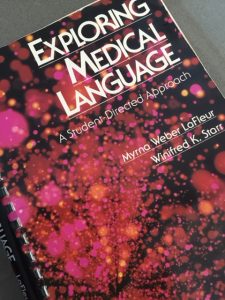
Exploring Medical Language: A Student-Directed Approach was first published in 1985 and is in its 10th edition. It is now coauthored by my daughter Danielle LaFleur Brooks. The teaching method used divides medical terms into two categories. Terms built from word parts have analyzing, defining, and word building exercises; terms not built from word parts have recall exercises.
Also, all the terms are included in many different other exercises that offer the opportunity to practice medical terminology in context.
This unique teaching method has stood the test of time and sets our textbook apart from others on the market.
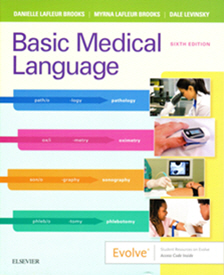
In 1994, Danielle and I wrote a companion textbook, Basic Medical Language, now in its 6th edition. It uses the same carefully crafted learning system and is designed for entry-level health professions learners, whereas Exploring Medical Language, is designed for three-credit courses.
Today, students entering healthcare or the medical field are striving to acquire the language of medicine and employees in healthcare need to keep up with new terms.
Moreover, patients are reading their medical records, struggling at times to understand the content. Finally, faculty are updating course content and searching for new teaching ideas. The need to know medical language is expanding.
With this in mind, I created a blog and use social media such as Twitter, LinkedIn, and Facebook. I now connect daily with healthcare professionals, patients, students, faculty, and others interested in discussing, learning, and sharing the fascinating world of medical language.
I hope you will share your own experience with medical terminology – teaching it, learning it, reading your medical record, or using it. Please use the comment box below.


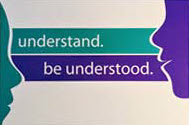

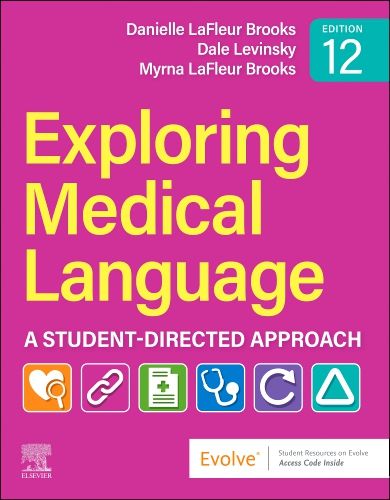
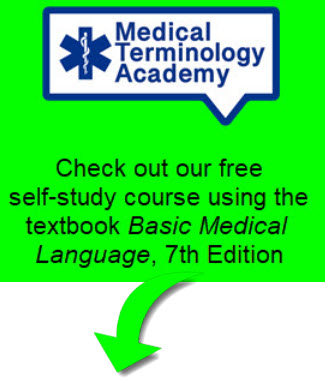
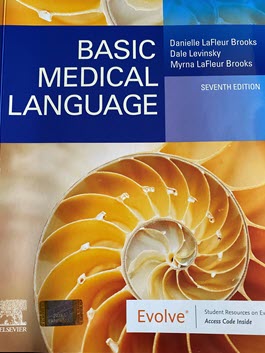
0 Responses
Myrna – So much history here. Congratulations on 49 years of working with medical terminology. I was reflecting back to 1970 myself. It is so wonderful that you and Danielle have continued to work and improve on your books.
Thank you, Ruth.
Loved reading about your history with medical terminology.
Good to hear from you, Pat.
Myrna & Danielle, I’m so proud of your accomplishments. Sis Pat
Thank you, Pat.
Congratulations on a half century of outstanding work.
As always, I wish you and Danielle continued success and happiness in your work.
Thank you, Derek.
Very nice post. I enjoy reading the history – nice work over the past 50 years!
Thank you, Derek.
Thank you, Gary
I am volunteering to teach content-base ESL and medical terminology at a medical center in Tajikistan. I was wondering if I can download the videos and games available to use as part of my resource. Also if there are any other resources such as books I would greatly appreciative. Thank you.
Yes, you can download videos and games. The students can sign up to receive free blog posts as well. I think Basic Medical Language would be a good resource textbook. You can find information about it under the heading Textbooks in the bar at the top of the blog page. Good luck and let me know if I can be of further help.